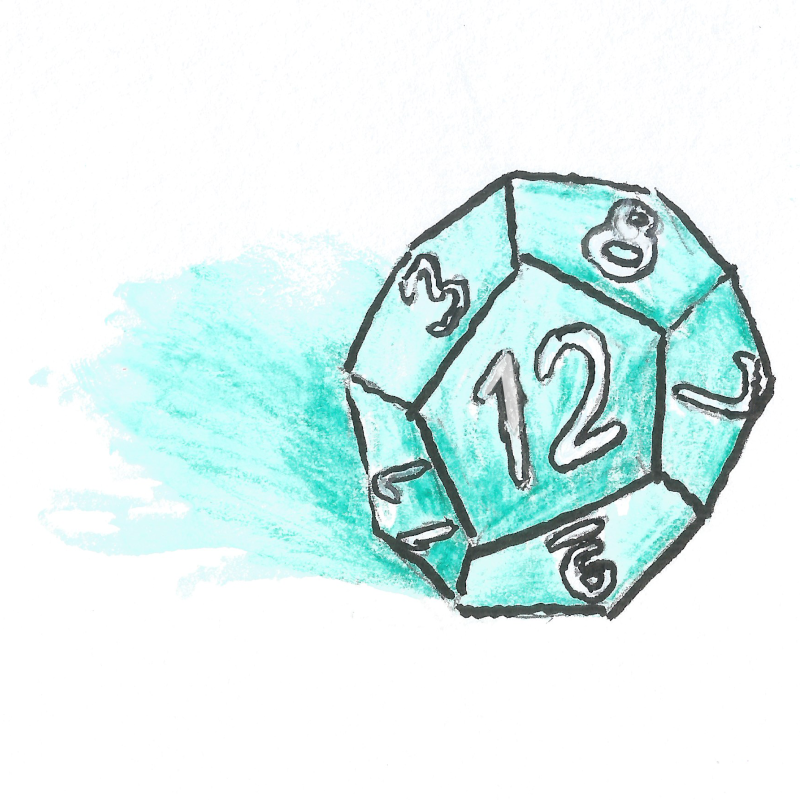When I was younger, I spent a lot of time planning D&D campaigns. I wanted to build complete worlds before I started running them, for a lot of reasons:
- I had moments of inspiration that I simply had to flesh out and get down on paper.
- Many people in our group had something we wanted to GM, and I wanted to earn the right to have my shot.
- Once I got in the coveted GM seat, I needed to prove myself. I couldn’t allow myself to fail, or I might lose that spot before the story was complete.
- If I’m honest, I think I dreamed of producing a published adventure or campaign setting ( which I’ve technically done now, I guess! )
That was two decades ago, and things have changed. I don’t think these were very healthy ways of looking at the hobby, and I’d like to talk about some ways I’ve grown in those years. Maybe it’ll be helpful for you young whippersnappers just getting into this hobby.
Don’t bite off more than you can chew
If ideas are cheap but execution is priceless, then you have to optimize for execution. That’s both a skill set and a process of introspection. As a software developer, it’s taken me two decades to learn not only the various techniques for organizing my work but which ones work best for the way I think.
You can brainstorm a million ideas, but you can only turn them into action if you know what you’re capable of, and adjust your planning to match. That means focusing on execution over ideas.
A high production value campaign isn’t good for anyone if you can’t keep it up consistently. A one-shot doesn’t work if it goes horribly over time. An adventure isn’t playable if you don’t finish the bits you need to actually run it.
Whether you’re starting your gamemastering journey or experienced, it’s important to learn how much time and attention you have available to prep a regular game if you want to keep it running.
Sustainability and consistency are the keys here. That means lowering your standards to match what you can do week in and week out. If you’re prone to feeling guilty that you aren’t doing enough as a GM, that can be tough. I’ve struggled with it from time to time.
But if you can push through that guilt and keep a game going, it feels great. I’m proud of the number of sessions I’ve run, and the fact players stayed engaged. I wouldn’t trade that feeling for higher production value.
When you optimize for sustainability and consistency, you create momentum. You don’t have to worry about people showing up, and you gain confidence in your ability to GM for them.
And once you build momentum, then you have more freedom to play around with interesting ideas.
